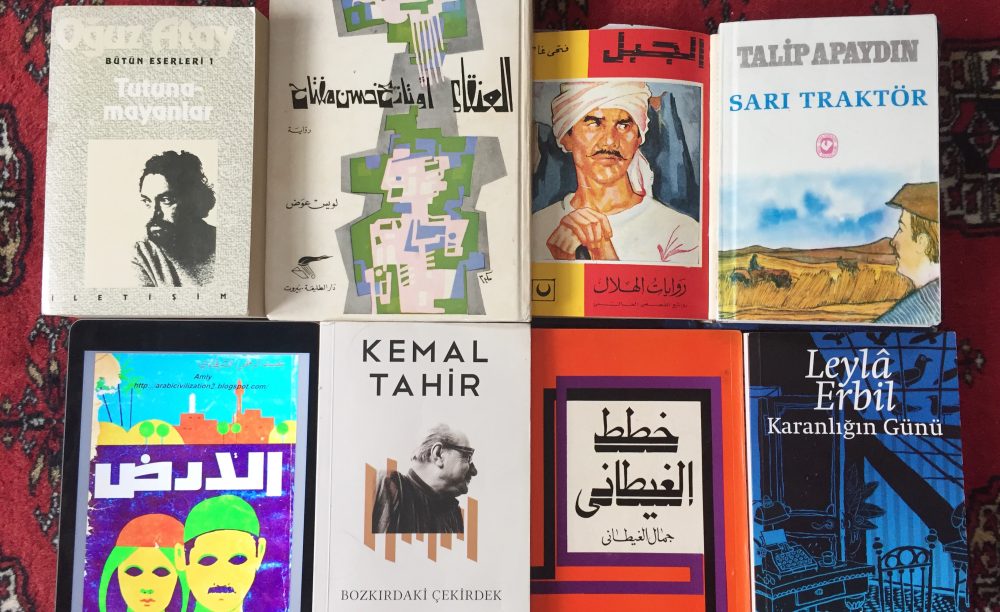Gramsci’s Politics of Language – Peter Ives
- The last section of the prison notebooks it Is dedicated to grammar hey there is substantial evidence that the concept of hegemony it’s fundamentally rooted in Italian linguistics.
- Gramsci’s approach to language and ‘matter’ does not assume that these two things are inimical nor does it privilege one at the others expense.
- Vernacular materialism is a version of linguistic materialism that invokes oxymoron to illustrate the assumed opposition between language and ‘matter’.
- Gramsci in line with Louis Dupre and Raymond Williams, seeing language as cultural and material product of human activity rather than rarified thought.
- Do not equate Progressive with consent and regressive with coercion. Coercsion and consent are dialectically related.
- CHAPTER ONE
- the manner in which a proposition functions must be placed in broad context, its ‘global signification’.
- Imminent Grammar – Gramsci’s term for spontaneous grammar in popular use; parole.Normative Grammar – Gramsi’s term for standardized hegemonic language use; langue.
- For Gramsci, normative grammar cannot be delinked from philosophy. Normative Grammar amounts to the exercise of power and law, it operates molecularly at that which creates the spontanous of imminent grammar. (i.e. The Indexical Order)
- The normative grammar is the historical product of these pressures and struggles because ‘in language too, there is no parthenogenesis.’
- Gramsci’s problem of hegemony: it is not a relationship between coercion and consent rather it is a question of the formation of consent and the role of coercion. It is impossible to separate those forces which act from above externally as a force from the movements of spontaneous organic formation of collective will.
- CHAPTER TWO: BAKHTIN CIRCLE
- Volosinov’s description of language as a site of class struggle analyzed as signs with various possible ‘accents’, meanings, and nuances.
Volosinov’s five basic propositions about language:
- language as a stable system of normatively identical forms is merely a scientific abstraction, productive only in connection with certain particular practical and theoretical goals. (common sense)
- Language is a continuous generative process implements in the social-verbal interaction of speakers.
- The laws of the generative process of language are not at all the laws of individual psychology, but neither can they be divorced from the activity of speakers. The laws of language generation are sociological laws.
- Linguistic creativity does not coincide with artistic creativity nor with any other type of specialized ideological creativity. But at the same time, linguistic creativity cannot be understood apart from the ideological meanings and values that fill it.
- The structure of the utterance is a purely sociological structure.
- Bakhtin contra Stalin and centralization = heteroglossia
- Gramsci contra facism and disorder = national progressive language
- “A common unitary language is a system of linguistic norms. But these norms do not constitute an abstract imperative; they are rather the generative forces of linguistic life, forces that struggle to overcome the heteroglossia of language, forces that unite and centralize verbal-ideological thought… What we have in mind here is not an abstract linguistic minimum of a common language, in the sense of a system of elementary forms (linguistic symbols) guaranteeing a minimum level of comprehension in practical communication. We are taking language not as a system of abstract grammatical categories, but rather language conceived as ideologically saturated, language as a world view, even as a concrete opinion, insuring a maximum of mutual understanding in all spheres of ideological life. Thus a unitary language gives expression to forces working toward concrete verbal and ideological unification and centralization, which develop in vital connection with the processes of sociopolitical and cultural centralization”
- defining heteroglossia as the manifestation of social diversity in language has two advantages 1) does not divorce language from everyday life 2) does not reduce heteroglossia as good democratic and monoglossia as bad and antidemocractic.
- the sign exists in itself and also reflects (refracts) reality, ‘various classes will use one and the same language’, malleability or multiaccentual aspect of the sign is central to its capacity for further development: “The ruling class strives to impart a supraclass, eternal character to the ideological sign, to extinguish or drive inward the struggle between social value judgments which occurs in it, to make the sign uniaccentual.”
- The naturalization of language works in the interests of those who wish to maintain a national language—by methods Gramsci rejects— since it makes opposition to this language impossible to imagine.
- The most significant difference between Gramsci and Bakhtin is that Gramsci believes in the possibility of an actual progressive unified language in which differences are held intact and not obliterated, in which different voices exist. Four Bakhtin, this type of unity and organization is certainly found in the field of literature with the unity of the novel. But it is an open question whether Bakhtin thinks we should place our faith in constructing such an open unity Internation or community of people.
Gramsci on Language and Grammar
- imminent grammar means the grammar rules which naturally occur in any language regardless of its being regimented (Gramsci Reader 354)
- normative grammar also functions simultaneously in society through reciprocal monitoring, teaching, and censorship (the indexical order)
- written normative grammar always entails a political choice (there is no neutral promotion of Fusha that is not at the same time political, every lexical choice in Turkish is political)
- “the idealist current… involves a return to old rhetorical conceptions, to words which are ‘beautiful’ and ‘ugly’ in and by themselves, conceptions which have been glossed over with a new psuedo-scientific language. What these people are really looking for is an extrinsic justification of normative grammar.” SCW 184-5 (Q29-5)
- “in reality one is ‘always’ studying grammar (by imitating the model one admires)


